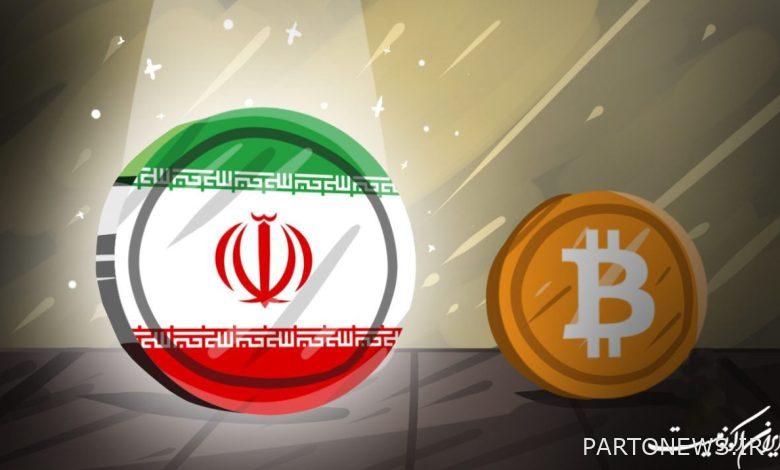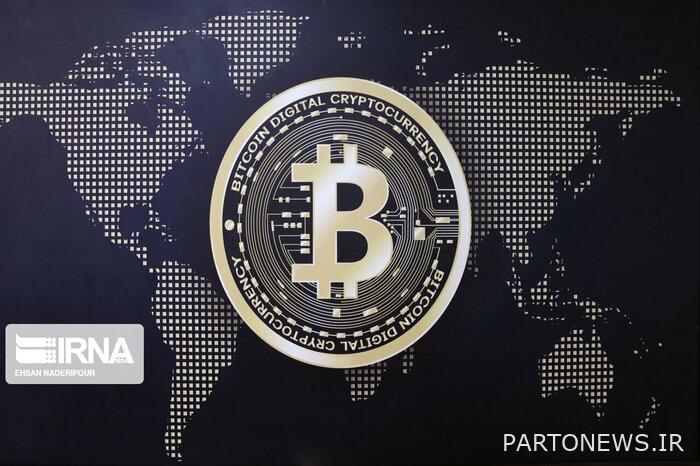The government’s interest in using the capacity of cryptocurrencies in the economy

Cryptocurrency (or crypto-currency) is a form of digital money in which the production of currency units and authentication of money transactions is controlled using cryptographic algorithms, and it usually works in a decentralized manner (without dependence on a central authority). Due to the multitude of definitions and changes in common examples of cryptocurrency, this phrase is not precise enough from a legal point of view.
Elsewhere, cryptocurrency is defined as “any currency that exists only in digital form, usually without a central issuer or regulator, but uses a distributed system to store transactions and manage the issuance of new units, and to prevent counterfeiting and fraudulent transactions.” It is defined in the Oxford dictionary in 2014. Cryptocurrency was defined as a digital currency in which it uses cryptographic techniques to legislate the production of new currency units and verify the transfer of funds and exists independently of a central bank, but today any Cryptocurrency is defined as an electronic money system that is used for online buying and selling and does not require a central bank.
Mohammad Sadiq Azmandian Director General of the Office of Planning and Protection of Industrial Property of the Ministry of Justice On Wednesday, in an interview with the judicial correspondent of Iran Economist, emphasizing the use of the capacity of cryptocurrencies in the economy, he noted the necessity of education in the field of intellectual property and the use of cryptocurrencies: According to the resolution that was approved in 2014, The Ministry of Justice, as the official authority for short-term skill training, is in contact with the World Intellectual Property Organization (WIPO). And now the courses that seem to be needed by companies and knowledge-based institutions in various fields, including blockchain, artificial intelligence and cryptocurrencies, so that they can use current knowledge in the fields of policy and implementation, with the help of lecturers from the World Intellectual Property Organization and other countries from the Ministry Justice is held.
Subjects pointing out that One of the emphases of the government transformation document is to use the capacity of cryptocurrenciesexplained: the capacity of blockchain, the use of cryptocurrencies in the blockchain platform, how cryptocurrencies can prevent intellectual property infringements, new and updated areas of cryptocurrencies, contracts related to cryptocurrency chains, different types, threats, opportunities and challenges in training courses for experts. Executive bodies and a group of elites in this field have been explained.
What are the legal bases, who is the custodian?
The director general of the office of planning and protection of industrial property of the Ministry of Justice said: In the first interaction meeting with the World Property Organization in the field of blockchain, intellectual property and cryptocurrencies and contracts in this field, it was explained what platforms we need legally, how to criminalize if a crime and violation occurs and which device can be in charge. .
He continued: This three-day training course was held in Tehran in May of this year with the presence of two foreign lecturers from the World Property Organization, and the continuation of this course is scheduled to be held until the end of this year in the field of blockchain and artificial intelligence in the fields of intellectual property.
Azmandian stated: Identifying the legal bases and using the capabilities of blockchain and artificial intelligence in the fields of intellectual property is a necessity in line with economic progress.
The Director General of the Office of Planning and Protection of Industrial Property of the Ministry of Justice stated: As a policy maker, the Ministry of Justice has the role of observing and monitoring foreign and domestic trends and demands coherence and synergy from the institutions in charge of this field.
The purpose of intellectual property is economic development and progress
He pointed out: the purpose of intellectual property is economic development and progress; Wherever we are dealing with the number of digits, which only increases numbers and numbers but has no economic output, we are going the wrong way and The basic question is why, despite patents, industrial designs and trademarks, industrialists and entrepreneurs are not familiar enough with intellectual property literature. so that they can use the gifts of intellectual property.
Referring to the statistics of the World Intellectual Property Organization (WIPO) in 2020, he reminded: Iran is among the top five or six countries in the quantity of industrial property such as patents, industrial and commercial plans, and ranks fifth in the field of patent application registration after China, America, South Korea and England with the registration of 12,000 patent applications.


